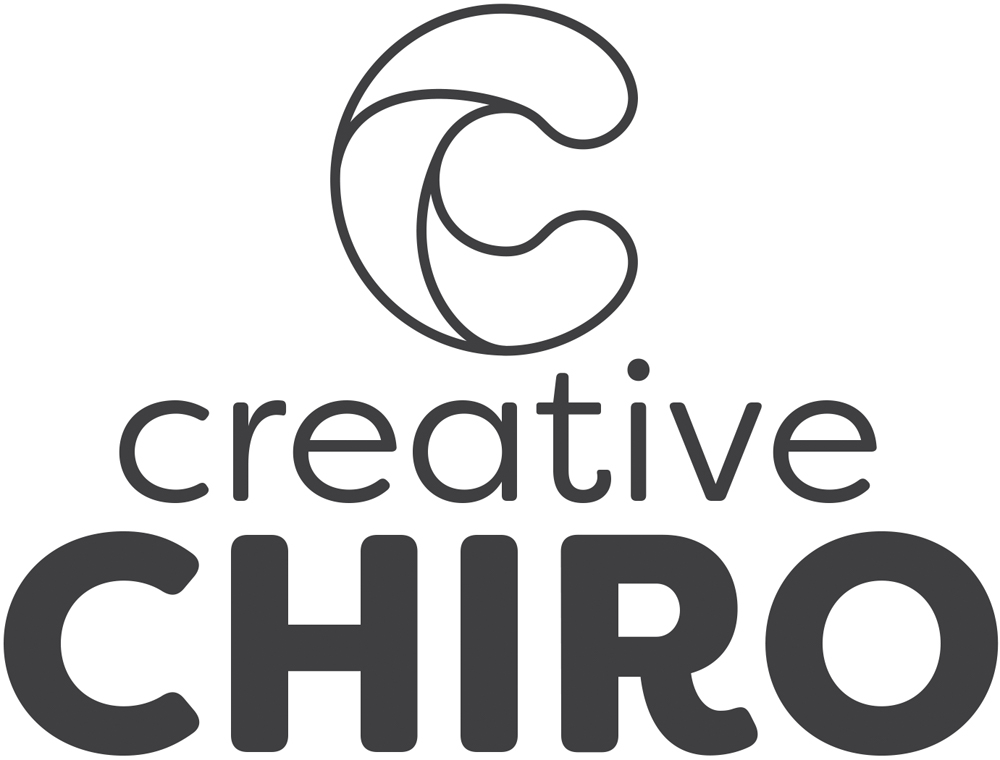Chiropractic Awareness week 2023
How Chiropractic can support the NHS and patients facing long waiting lists
This Chiropractic Awareness Week (17th-21st April), the British Chiropractic Association (BCA) has undertaken UK-wide research of 5,000 people to understand the impact NHS waiting lists are having on musculoskeletal (MSK) health. Data from this research shows that over half (56%) of British people feel put off seeing their GP because of NHS waiting lists.
According to the NHS, over 20 million people in the UK have an MSK condition, such as arthritis or back pain, and they account for up to 30% of GP consultations in England.
The research also found that:
A third of British people (33%) haven't seen a GP to treat their MSK issue as they struggled to get an appointment
Over half (53%) of British people are considering turning to private healthcare for MSK help manage pain
38% of British people thought their MSK issue would go away on its own, without seeing a GP
Nearly half of British people (43%) have avoided seeing their GP when dealing with an MSK health issue
Over half (52%) of British people have lived with an MSK issue for longer than 12-months
As a BCA member, we want to show the positive impact Chiropractic can have; supporting those facing long NHS waiting lists, providing patients with more choice, speed of appointments, and treatment plans to help manage pain and discomfort.
Using over the counter medicines
The research, conducted with OnePoll and the BCA, showed that 48% of British people are using over the counter (OTC) medication to treat their MSK issues. Whilst OTC medication has its place in helping patients to resume physical activity, these medications are best used in the short term. Along with side effects, they do little to address the potential functional issues which have led to the MSK condition*.
To support our colleagues in the NHS, chiropractors can provide those suffering with MSK conditions an alternative solution. We offer patients a wide-ranging package of care which is patient-centred, supported by evidence and results in great patient reported outcomes. More people than ever are turning to chiropractors to manage poor mobility, pain and wider health concerns arising from MSK issues, before they worsen.
How Chiropractic supports the NHS
Chiropractors are an integral part of UK healthcare, supporting the NHS as part of an integrated system. By giving patients proactive options and choice, chiropractors are well placed to help relieve the strain on the NHS. As a BCA member, we are championing greater patient choice, improving patient experience, and avoiding MSK issues developing into chronic conditions due to a lack of physical activity and further impacting the NHS later down the line.
Chiropractors can provide those suffering with MSK conditions an alternative solution, giving patients choice when faced with long waiting lists. They offer patients a wide-ranging package of care, which is patient-centred, supported by evidence and results in great patient reported outcomes. More people than ever are turning to chiropractors to manage poor mobility, pain and wider health concerns arising from MSK issues before they worsen.
Busting Chiropractic myths
Chiropractic treatment often prompts questions and there are a lot of common misconceptions surrounding Chiropractic care. As a BCA member, we focus on a patient-centred, evidence-informed approach. An important part of care is making sure patients understand what Chiropractic is and addressing any misconceptions head on.
Some of the most common myths include:
Myth: Chiropractors are massage therapists with a different name
Truth: Chiropractors are extensively trained to diagnose, treat, manage and prevent disorders of the musculoskeletal system (bones, joints, and muscles), as well as the effects these disorders can have on the nervous system and general health. Qualified individuals are working as fully regulated healthcare professionals with at least four years’ of degree level training.
Myth: Painkillers will speed up your recovery
Truth: Most MSK pain is mechanical in nature. So, even though painkillers can be helpful to reduce pain in the short term, some sort of hands-on treatment, movement, or exercise is more likely to successfully manage the problem than painkillers in the longer term. We recommend more conservative therapies, such as use of a heat pack, manual therapy (massage, spinal manipulation, or acupuncture), gentle home stretching, short walks within your pain tolerance; activities that help you to relax and reduce pain, to allow you to return to higher levels of activity.
Myth: Chiropractic is just cracking backs
Truth: The crack or popping sound that is produced from a spinal manipulation, comes from a change of pressure occurring within joints and is generated by something called a cavitation. In the UK, Chiropractic is a regulated profession and chiropractors provide patients with a wide range of treatment and care options; spinal adjustment being just one. There’s no ‘one size fits all’ approach and every patient’s needs are treated individually. This is reflected in their plan of care – many patients will never hear a crack or popping sounds.
To find out more about the Chiropractic care and the treatments we can offer, see the What We Can Help With page of our website HERE
*https://www.england.nhs.uk/elective-care-transformation/best-practice-solutions/musculoskeletal/
*Buchbinder R, Underwood M, Hartvigsen J, Maher CG. The Lancet Series call to action to reduce low value care for low back pain: an update. Pain. 2020 Sep;161 Suppl 1(1):S57-S64. doi: 10.1097/j.pain.0000000000001869. PMID: 33090740; PMCID: PMC7434211
